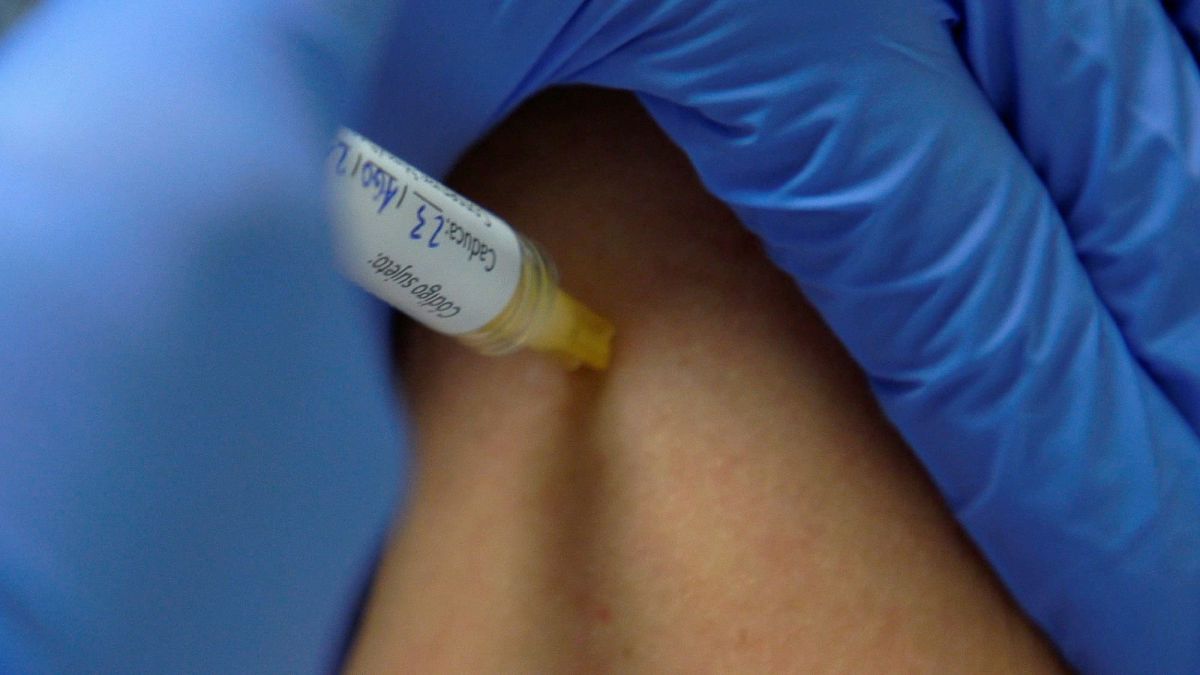The risk of thrombi is much lower after the vaccine than with COVID-19
The risk of developing blood clots is much less after getting vaccinated against COVID-19 than when contracting the diseasethe largest study to date on vaccination-related side effects said Friday. The British study, published in the British Medical Journal (BMJ), compared the medical data of 29 million people who received their first dose of Pfizer-BioNtech or Oxford-AstraZeneca between December 2020 and April 2021 with those of almost 2 million people who tested positive for the coronavirus.
Concern about thrombi stopped the use of the AstraZeneca vaccine, but the researchers found that, although there is a “higher risk” of developing them after being vaccinated, this it is “much lower than that associated with SARS-CoV-2 infection.” The risk of developing a venous thrombosis is nearly 200 times higher with COVID-19 (12,614 additional cases among 10 million people) than with AstraZeneca (66 additional cases).
Regarding arterial thrombosis, no excess cases were recorded for either of the two vaccines, but 5,000 additional cases were counted among 10 million people infected with the coronavirus. A) Yes, people with the virus are eleven times more likely to have a stroke (1,699 additional cases out of 10 million people) than those vaccinated with Pfizer (143 additional cases).
“The vast majority of patients are perfectly fine with these vaccines“The researcher who led the study, Julia Hippisley-Cox, told the BBC, stating that”Rare “Cases of Blood Clots Must Be” Put in Context “. This Oxford epidemiology professor also noted that the increased risk of developing blood clots is concentrated in more “specific and short” periods with vaccines (“15 to 21 days after administration” with Pfizer for stroke, “8 to 14 days for thrombocytopenia with AstraZeneca”) than after the spread of COVID-19, where the risk extends “to more than 28 days after infection.”
This study comes at a time when many countries – including the UK – have decided to reserve the AstraZeneca vaccine for an older population, due to fear of thrombi. The English public health estimates that vaccines prevented more than 100,000 deaths in the United Kingdom, where the pandemic has claimed 132,000 lives.
–


:quality(80)/cdn-kiosk-api.telegraaf.nl/2d43f9f4-077e-11ec-a2ea-0255c322e81b.jpg)